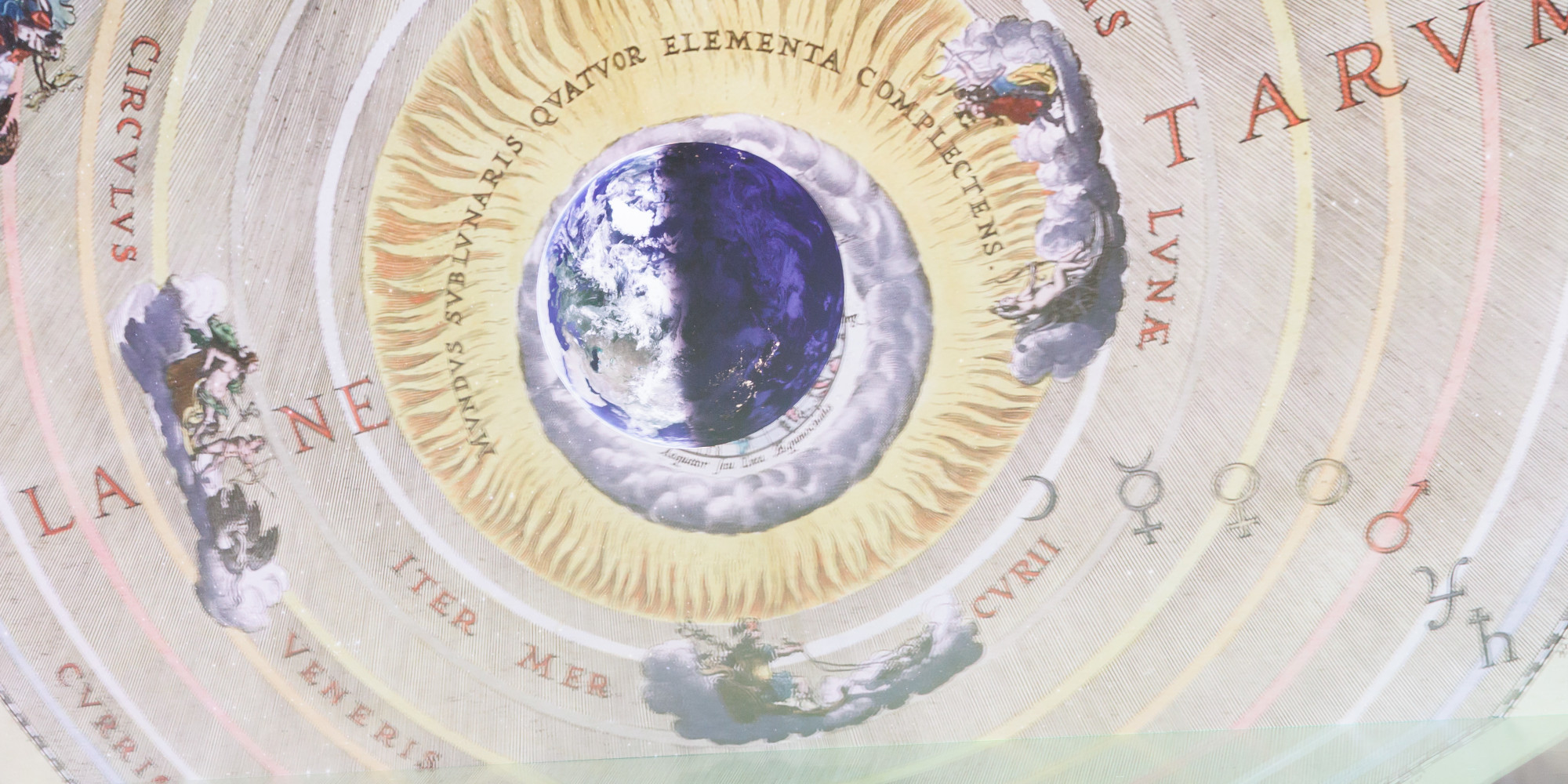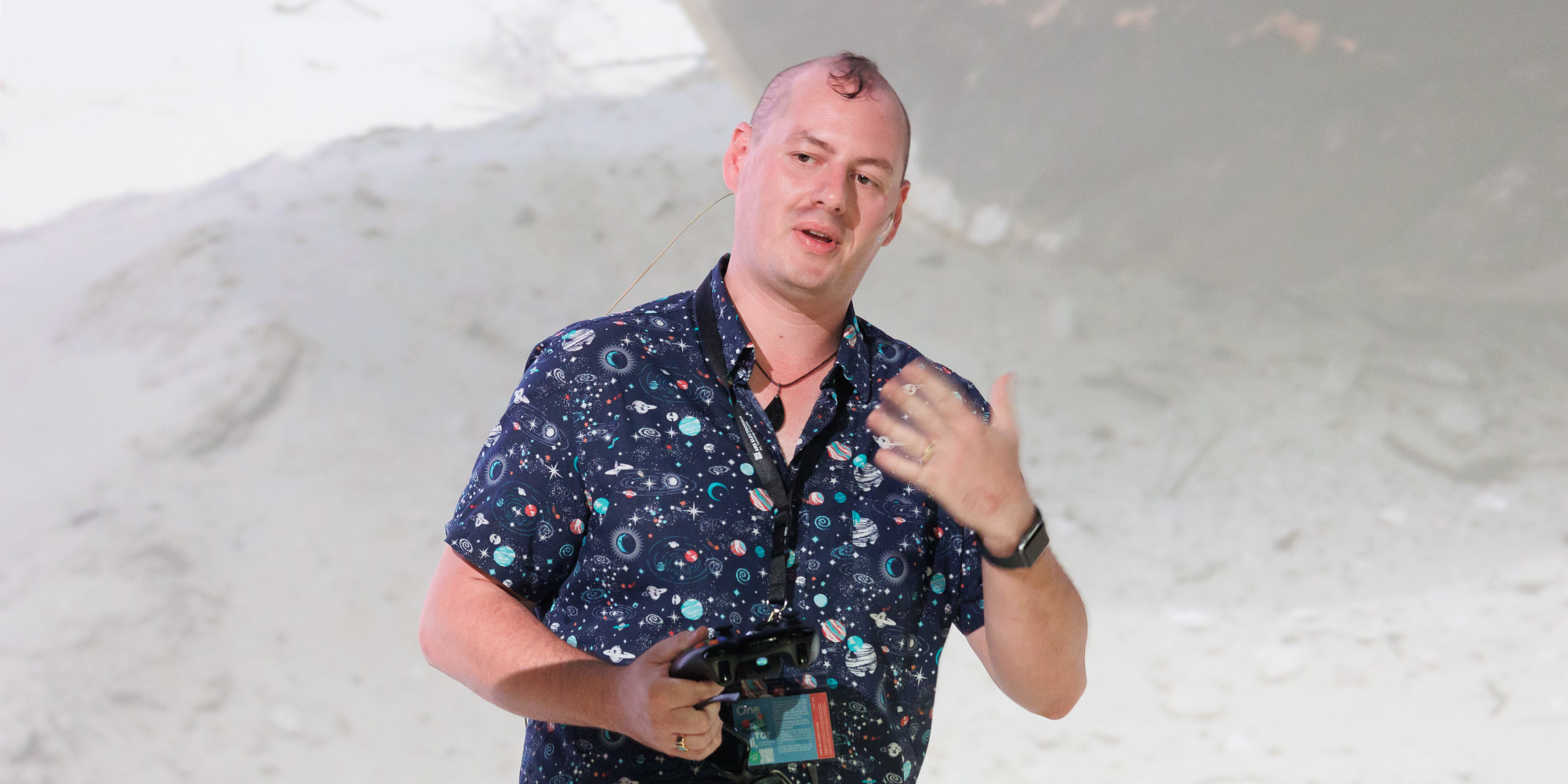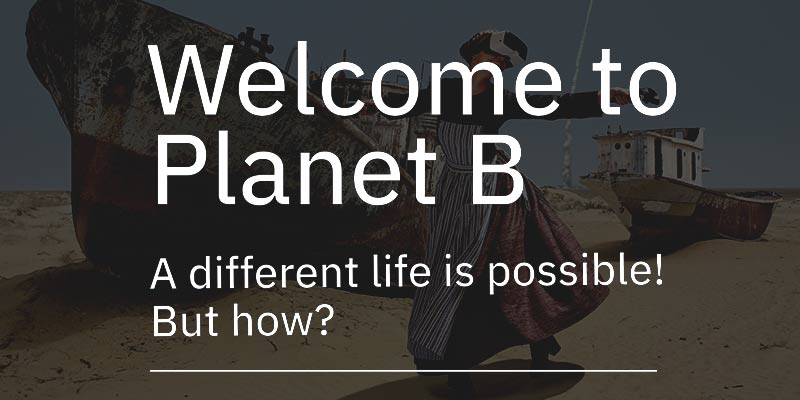Ever since humans evolved the capacity to question and wonder, they have looked up to the sky above and attempted to understand the mysteries of the world. Thousands of years of increasingly precise measuring and modeling have revolutionized humanity’s understanding of the sky. We now know we are but a small, delicate world, one of many in a vast universe of planets, but unique as the only known abode of life. Seeking to understand this cosmic loneliness, we look out to deep space to try to understand the other worlds we know of in our cosmos, which has given us new insights into what makes Earth habitable. We can now improve our models of the universe to understand the composition of these other worlds and ask if they could also become new homes for humanity, but we can also turn gaze in space back to Earth to try to understand how we can restore our own planet.
Biography
Credits
Dan Tell, California Academy of Sciences; Matthew Wrenne, California Academy of Sciences






